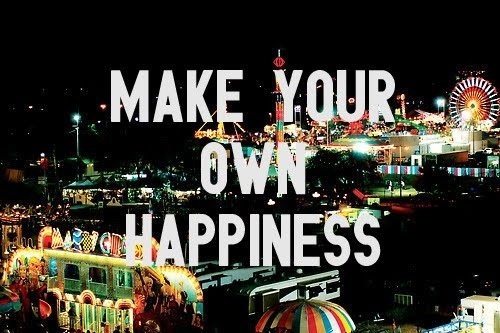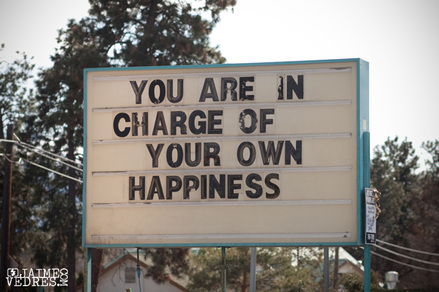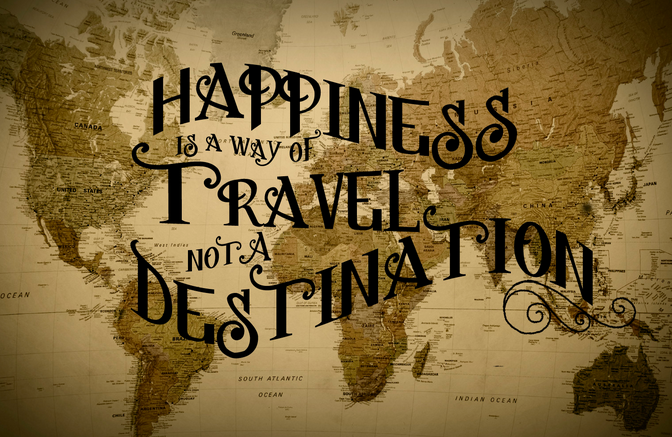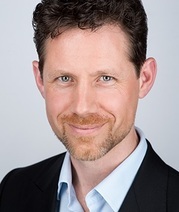|
TIME TO DISPEL THE MYTHS OF WHAT ACTUALLY MAKES US HAPPY Or should it really be 'deSPELLing'… removing the spells we've cast over our own lives. So often we pronounce things as if they are true about us, about our situation. These words limit us, dare I say it *curse* us. They reflect something we actually believe about ourselves or about the situation. And worst, we somehow believe that if things were set up a certain way, *then* we'd naturally be happier. So you hear people saying, ‘If XXX happened then I’d be happy.’ – but this is total trash! Whilst it might give them one less thing to worry about, they'll soon revert to their previous level of happiness (or depression). Put simply, your happiness is not dependent on your circumstances. So let's have a look at a few common traits that we invariably find in happy people:
Again, our language reveals the way we're thinking about things. ‘I have to do X,Y and Z.' Grumble. groan, gripe. How about you get to do those things? You get the privilege of tackling the challenge, of facing this unique situation, or being counted worthy to receive this event. THE DECEPTIVE YARN ‘IF ONLY’ Happy people accept responsibility for EVERY part of their lives If you often use the phrase, ‘If only…’ see it as a huge warning flag. It means you’re about to settle for an excuse – a blatant lie about why things aren’t going to happen as you’d like them too. This guarantees that you will not become flexible enough to achieve the outcome you desire AND provides you a (life-draining) justification for settling for something far below your true desire. A study of the top 5 regrets of the dying, included, “I wish I’d learned to be happier with my life – I now realise that could simply have chosen to be happier even when life wasn’t perfect.” THE IMPORTANCE OF MEANING It’s not what happens to you; it’s the meaning you attach to what happens to you that dictates your level of happiness A study of people who became paraplegic showed that they eventually returned to the same level of happiness that they enjoyed before they faced their ‘ordeal’. What can we learn from this? If you want better answers, ask yourself better questions Find meaning in the dull and mundane and CREATE meaning. You can even do this for situations that are notably painful. If you haven't read about Victor Frankl’s experience of rising above his troubles in Auschwitz and what he eventually went on to do, I suggest you search out his books. He found meaning in the midst of daily death, pain and suffering and it kept him going when others lost hope. You say, ‘Life is hard’ – I ask, ‘Compared to what?’ |
AuthorPad is a trusted adviser to business leaders across the globe. He is Director at Come Alive Success Coaching ltd. and the Author of TEAM ME - How to Play Your Best Game in Life, and TEAM GUY - Forging Men of Soul & Steel. Archives
August 2023
Categories
All
|





 RSS Feed
RSS Feed